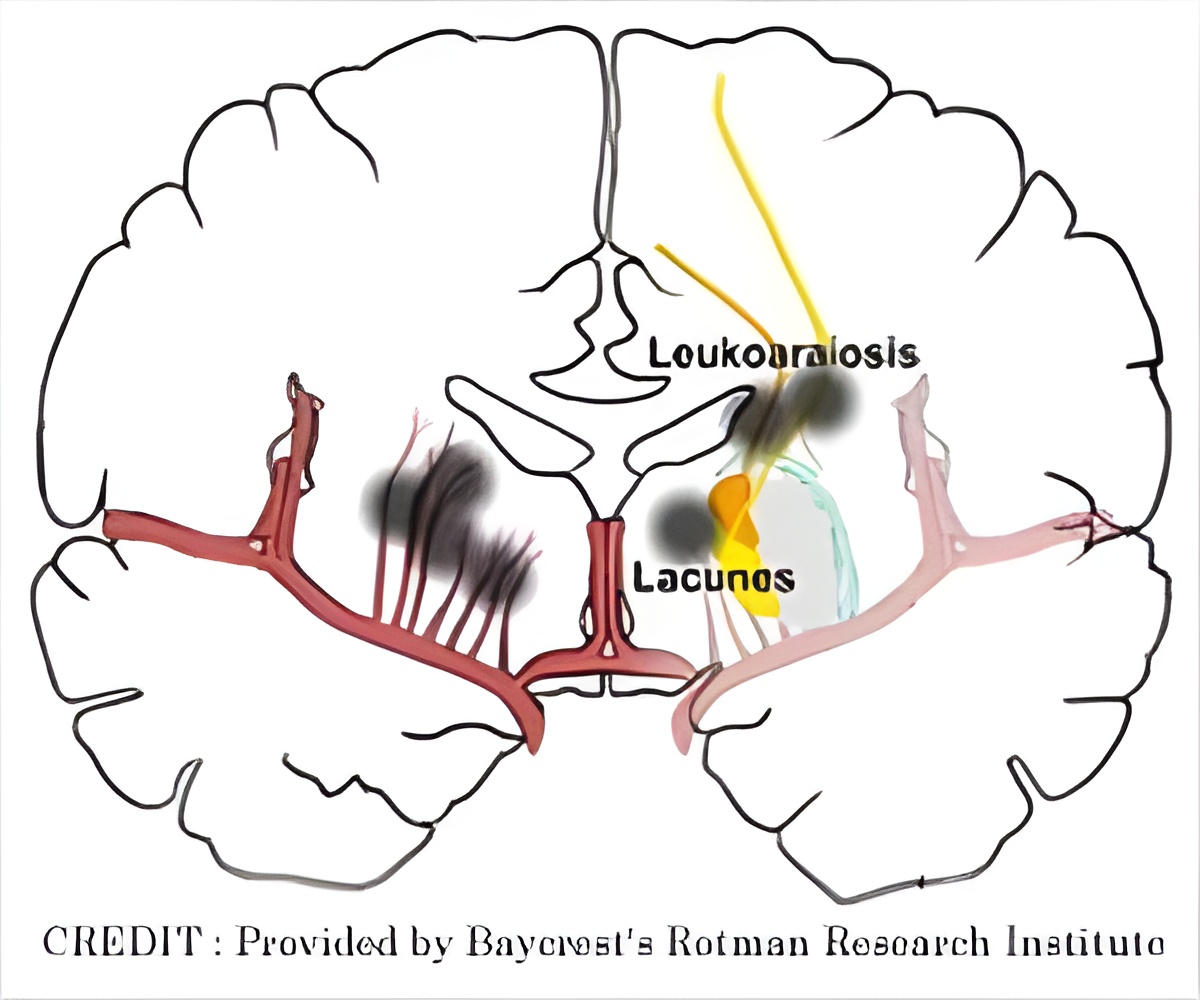Are you often absentminded? Absentmindedness can be an earlier warning sign of a 'silent stroke,' otherwise known as cerebral small vessel disease (CSVD), finds a new study.

TOP INSIGHT
Absentmindedness can be an earlier warning sign of a 'silent stroke,' otherwise known as cerebral small vessel disease, finds a new study.
This type of stroke cause changes in the brain's blood flow and damages the brain's white matter (responsible for communication among regions), which can cause memory and cognitive issues over time.
Individuals with damage to the brain's white matter, caused by silent strokes, were found to be poor on attentiveness and were distracted more frequently on day-to-day tasks.
Despite these problems, about half of adults (between the ages of 55 to 80), identified with white matter damage scored within the normal range on formal laboratory assessments of attention and executive function, according to a study.
"Our results indicate that in many cases of people who were at a higher risk of silent stroke and had one, they saw a notable difference in their ability to stay focused, even before symptoms became detectable through a neuropsychological test," said lead author Ayan Dey, a graduate student at the University of Toronto in Canada.
Typically, this type of stroke is uncovered incidentally through MRI scans, or once the brain damage has worsened, Dey said.
"With the right diagnosis, these interventions and lifestyle changes give older adults who are at risk for cognitive decline some options for maintaining brain health."
Source-IANS
 MEDINDIA
MEDINDIA




 Email
Email










